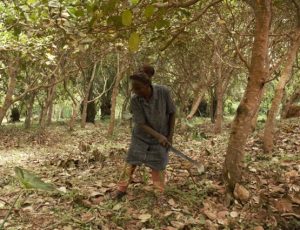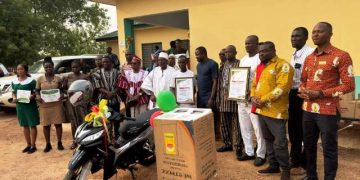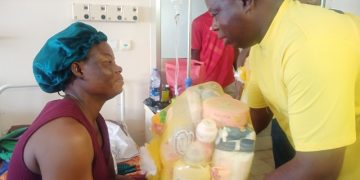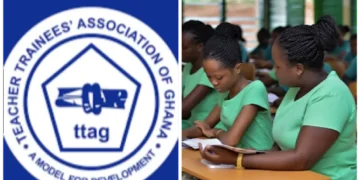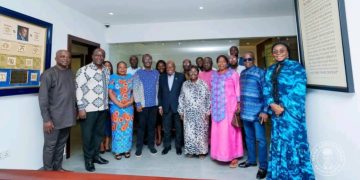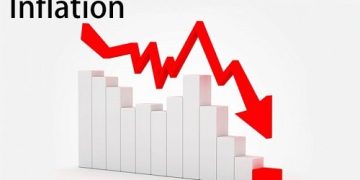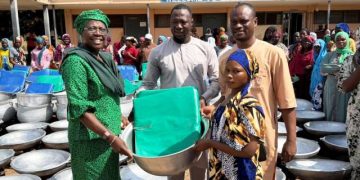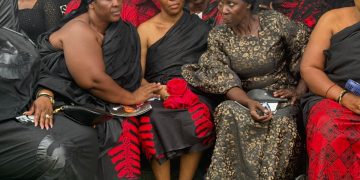Female farmers in Bono Region like their peers across the country face significant challenges in their quest to enhance agricultural production and secure their livelihoods.
In spite of their dedication and hard work, accessing financing for essential equipment remains a daunting challenge, Nana Yaa Esuama Yeboah, a farmer, has said.
She indicated that high borrowing costs, stringent collateral requirements, and rigid repayment structures make traditional agricultural loans often unsuitable for smallholder women farmers.
“Many of these women, rely solely on personal savings and reinvested profits, thus entrapped in a cycle of labour-intensive, small-scale farming that yields limited output and income,” she added.
The shared this sentiment during a two-day capacity-building training held in Sunyani for 600 female farmers from twelve districts in the Bono Region, gathered to enhance their agricultural skills and promote sustainable growth.
The event, organized by Agrihouse Foundation in partnership with the Bono Regional Coordinating Council, aimed to empower women to thrive in the agricultural sector.
Nana Yaa Yeboah advocated the development and implementation of women-focused agricultural policies. “Women are the backbone of our agricultural workforce, but we face challenges in accessing financial support, farm implements, and machinery for large-scale production.”
The Bono Regional Minister, Justina Owusu Banahene, in an address emphasised the vital role women play in agribusiness, underscoring their significant contributions to food security and economic growth.
However, she pointed out the persistent challenges they face, which hinder their potential.
“Despite their impact, women in agribusiness encounter numerous obstacles,” she noted, calling for united action among stakeholders—government, private sector, and civil society—to address these issues.
In a heartfelt commitment to empowering female farmers, Alberta Akyaa Akosa, CEO of Agrihouse Foundation, affirmed “my outfit champions the often-overlooked contributions of women in rural communities to national food security. Despite their significant impact, many female farmers lack meaningful support and recognition”.
She added that Agrihouse Foundation is dedicated to addressing this gap by providing long-term solutions to the challenges these women face, saying “We are confident that when given equal opportunities, women in agribusiness will thrive.”
During the two-day training event, participants received vital education on productivity enhancement, pest management, and fertilizer application. In addition, Agrihouse Foundation distributed essential farm inputs, including tricycles, fertilizers, knapsack sprayers, wellington boots, and insecticides, ensuring that these farmers are equipped to succeed.
Moreover, 16 women farmers and actors in the agribusiness sector were honoured with the prestigious 2024 Gold in the Soil Award to celebrate women’s leadership in agriculture.
Among them, Nana Yaa Esuama Yeboah, the Gyaasehemaa of Atuna in the Jaman South Municipality, stood out as the overall winner.
Her recognition underscores the vital contributions women make to the agriculture landscape, particularly through innovative practices and community empowerment.
- Source: www.kumasimail.com
